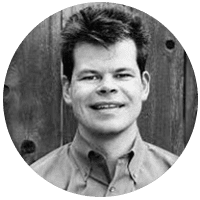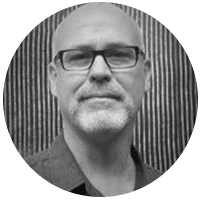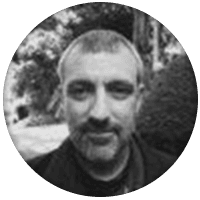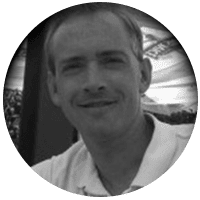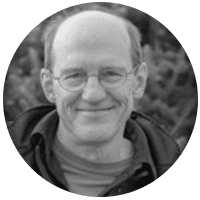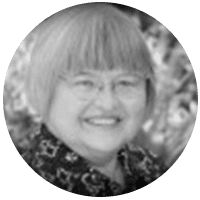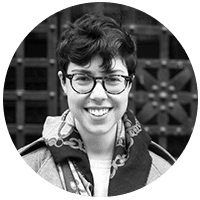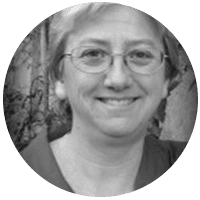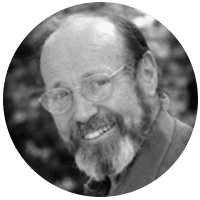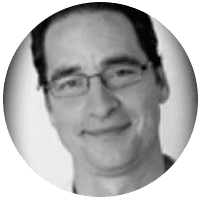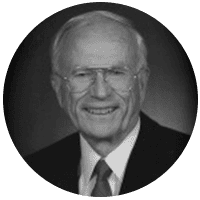Elka Gotfryd is a Senior Associate and Project Manager at Project for Public Spaces (PPS), an international nonprofit that has led the Placemaking movement for over forty years. Before joining PPS, Elka worked as the community planner for Old City and Downtown Jerusalem, where she represented local communities to City Hall and the Local and Regional Planning Councils. Working with municipal governments and diverse communities, Elka advocates for sensitive, context-specific solutions, and brings an integrated, trans-disciplinary approach to urban and rural challenges, which blends her diverse professional experiences including: community development, economic development, historic preservation, design and development of transportation systems, and of course design and management of public spaces. This work has fueled Elka’s passion for nurturing in-place capital as a critical common denominator – whether among diverse communities or in regions of ethno-national conflict between different stakeholders.
Elka’s Master’s Degree research at the Pratt Institute demonstrates how regenerative principles are key to developing new strategies for urban planning and management, such as: cross-departmental collaboration, alternative governance structures, and investment in creative community capacity. Her case studies reconcile theory and practice by making the intricate relationships and regenerative potential of communities visible, as expressed through shared places and experiences.



